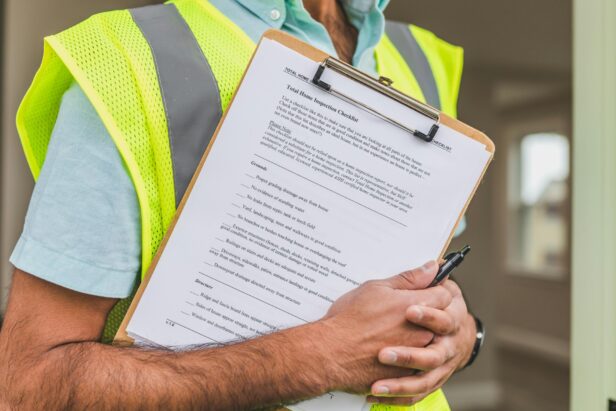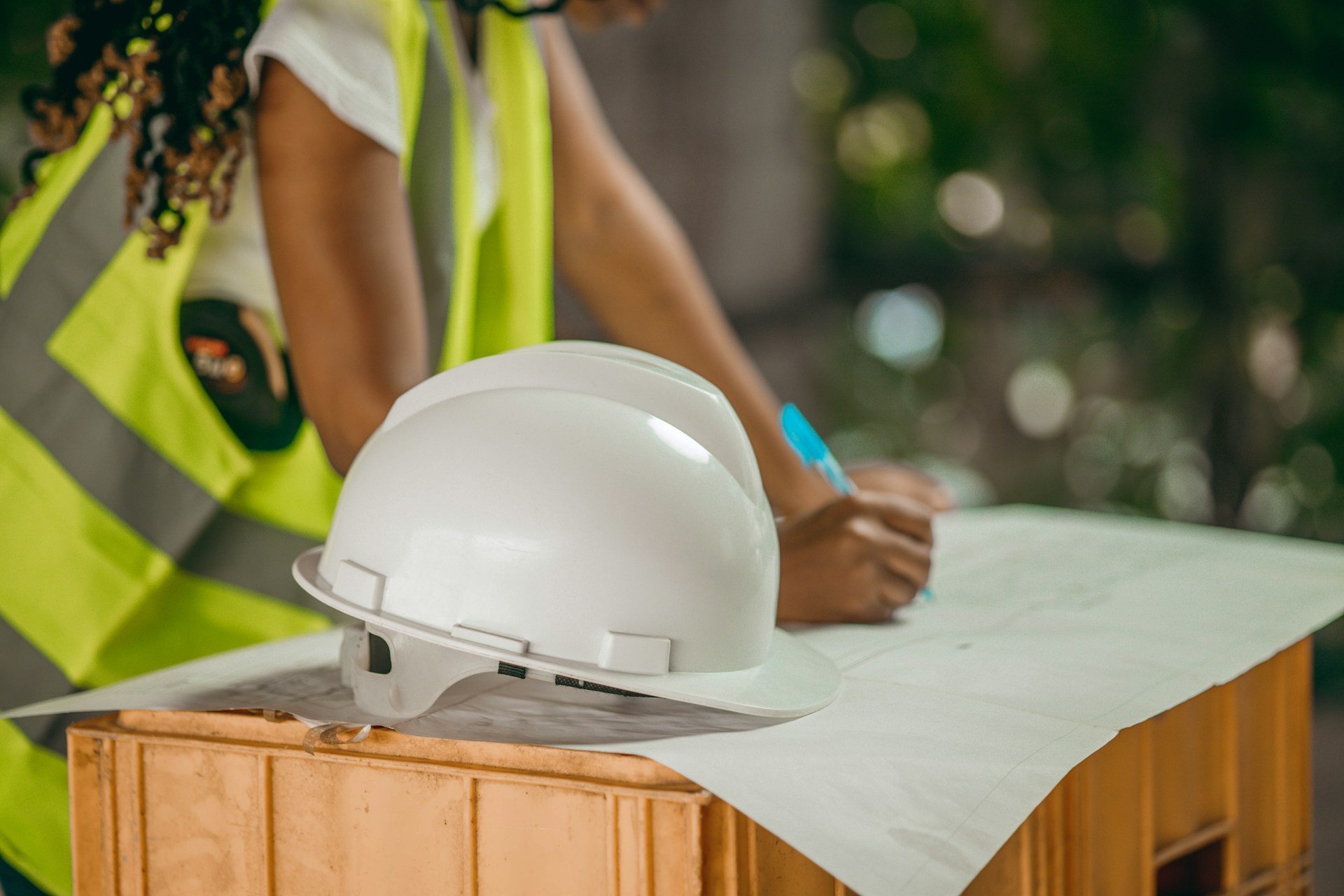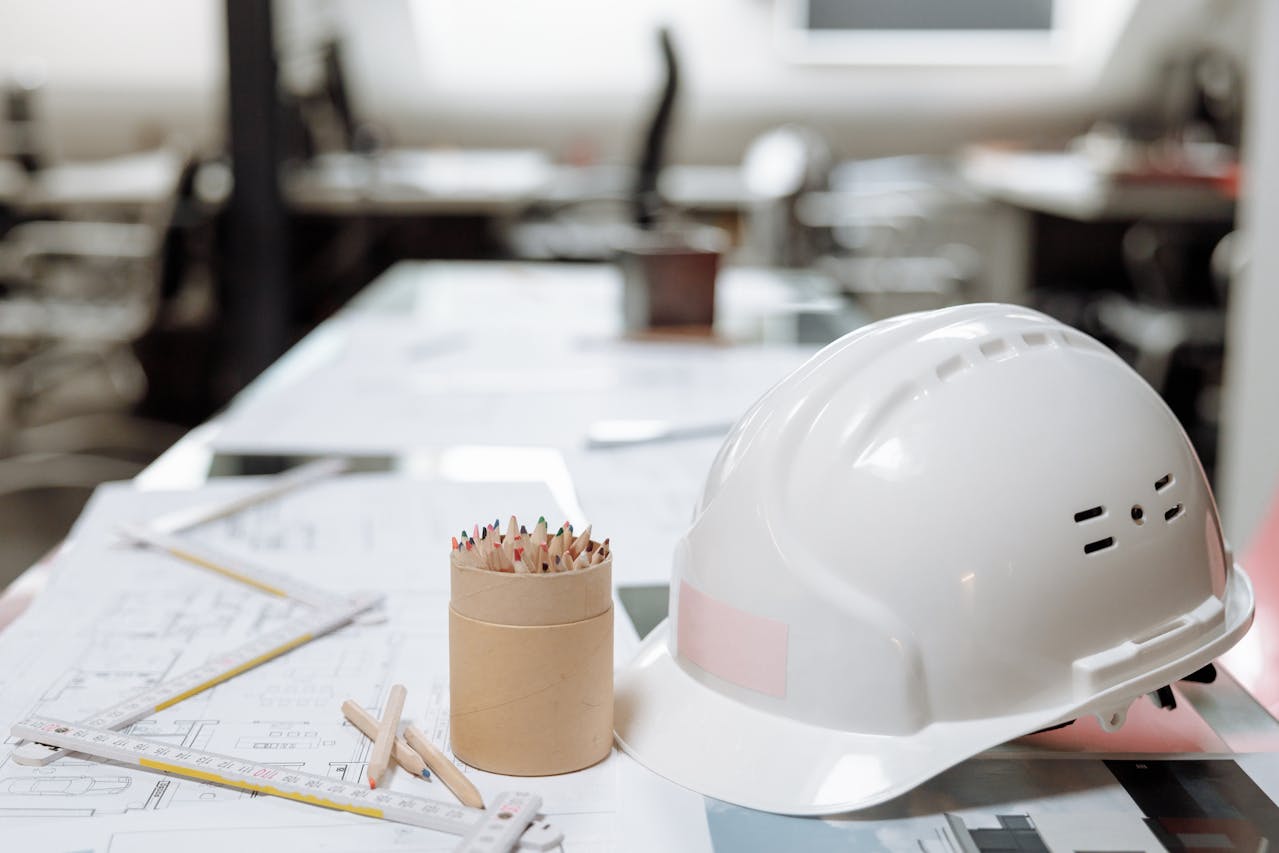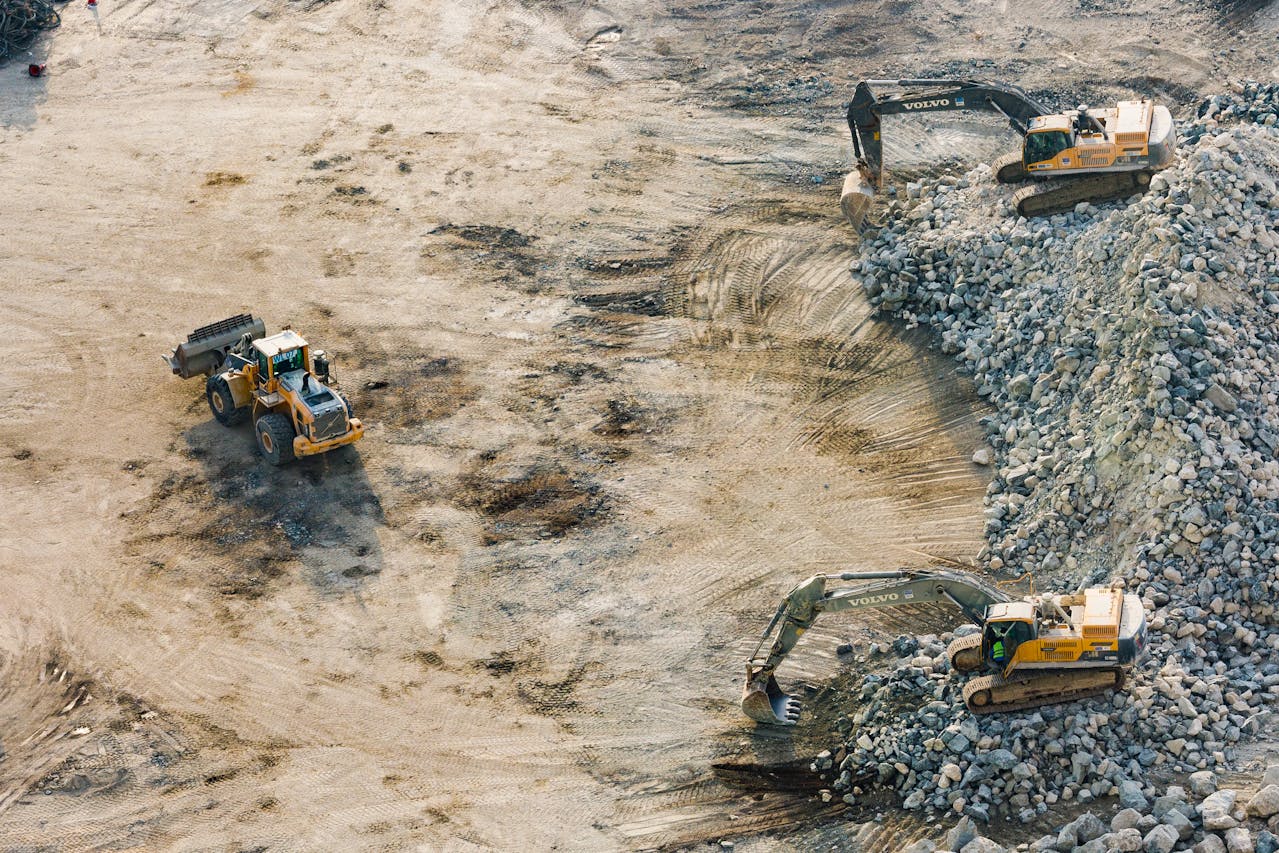Health code-compliant construction in Dallas involves building projects that adhere to rigorous safety standards designed to protect public health and well-being. We ensure that structures meet essential requirements to safeguard both occupants and the broader community. As general contractors serving developers and property owners, we recognize the critical importance of these regulations in creating safe, inhabitable spaces.
Before commencing any construction activity in Dallas, we always consult with the City of Dallas Building Inspection Department to determine which specific permits and health code requirements apply to each unique project. Our team has extensive experience navigating these regulations to keep projects compliant and on schedule.
Compliance with Dallas health codes covers a wide range of construction elements, from structural integrity and proper ventilation to sanitation systems. We take a comprehensive approach, considering how each aspect of the build impacts occupant health and safety. This proactive stance helps prevent issues that could lead to costly delays or rework later in the project timeline.
By prioritizing health code compliance from the outset, we create buildings that not only meet legal standards but also provide peace of mind to owners and residents. Our expertise in this area is one of the key ways we deliver value to our clients throughout the construction process.
What Are the Key Dallas Building Permit Requirements?
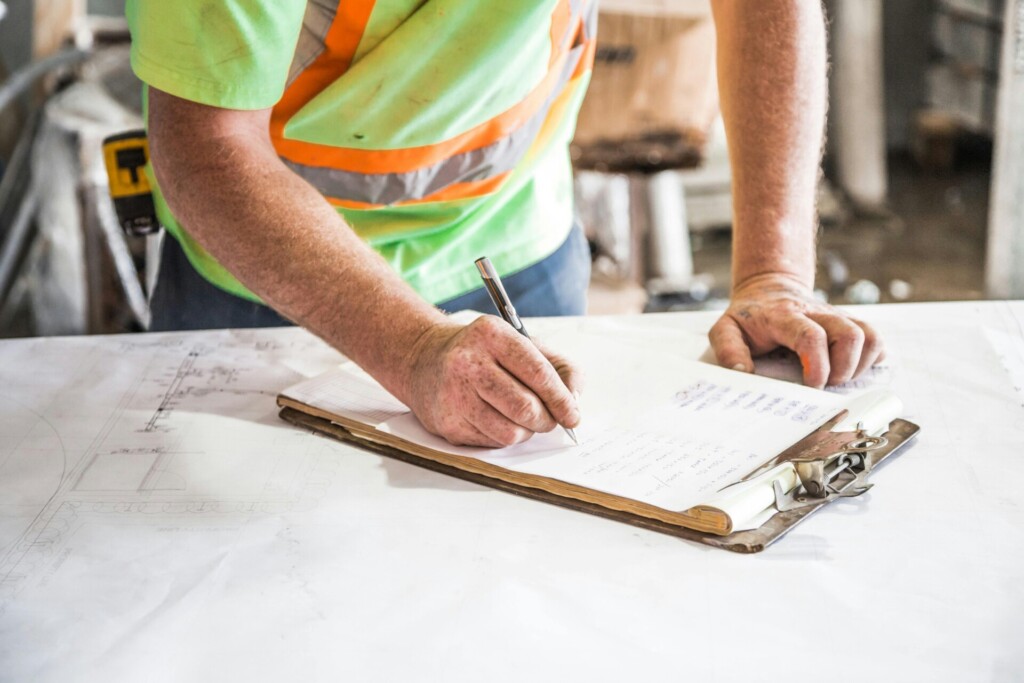
As a general contractor serving developers and property owners in Dallas, we’re well-versed in the city’s building permit requirements. Here’s what you need to know about obtaining permits for construction projects in Dallas:
Permit Types and When They’re Required
Dallas building permits are typically required for projects involving:
- Constructing new buildings
- Adding to or altering existing structures
- Demolishing buildings
- Installing or modifying major service equipment like HVAC, electrical, and mechanical systems
The City of Dallas categorizes permits into three main types:
- Residential permits – for single-family homes, duplexes, and related structures
- Commercial permits – for non-residential and multi-family buildings
- Trade permits – for specialized work like electrical, plumbing, and HVAC
Permit Costs and Fee Structure
The cost of building permits in Dallas varies based on each project’s scope and valuation. Fees are usually calculated using a combination of square footage and construction type. Examples of average permit costs include:
- New single-family home construction: Around $1,500
- Addition to an existing single-family home: Approximately $1,000
- Commercial building addition and remodeling: Roughly $9,000
- New multi-family complex construction: Can exceed $50,000
For precise estimates, we recommend using the City’s online fee calculator or consulting the Building Inspection Department.
Application Process and Requirements
When applying for building permits in Dallas, we typically follow these steps:
- Submit the application online through the City’s ePlan system or in person at the Oak Cliff Municipal Center
- Provide detailed construction plans and specifications – usually two sets are required
- Include a comprehensive site plan
- Pay the required application fees
- For certain projects, submit plans sealed by a licensed engineer or architect, as required by Texas state law
The review process length varies based on project complexity. Currently, typical first-round review times are:
- 1-3 business days for single-family/duplex permits
- 12 business days for commercial remodels with no use change
- 20+ business days for new commercial construction
For projects on tight timelines, we often utilize the City’s expedited plan review process through their Q-Team to speed up approvals.
By understanding and preparing for these key requirements, we efficiently navigate the Dallas building permit process for our clients, minimizing delays and ensuring code compliance from the start of each project.
What Health Code Requirements Apply to Food Establishments?
When constructing or renovating food establishments in Dallas, we must adhere to specific health code requirements outlined in the Texas Food Establishment Rules (TFER). These regulations provide the foundation for safe and sanitary food preparation environments. At EB3 Construction, we prioritize these requirements to ensure our clients’ facilities meet all necessary standards.
A key focus in food establishment construction is creating spaces that prevent pest entry and are easy to clean and maintain. We achieve this by using smooth, non-absorbent materials for walls, floors, and ceilings in food preparation areas. Our team selects finishes that withstand frequent cleaning and remain durable over time.
Proper ventilation is another essential aspect of food establishment design. We install hood systems and make-up air units tailored to each kitchen’s specific needs, ensuring optimal airflow and temperature control. This improves working conditions and helps maintain food safety by reducing ambient heat and humidity.
Plumbing infrastructure receives special attention in our food service projects. We design and install systems that prevent cross-contamination, provide adequate hot and cold water supply, and facilitate proper waste disposal, including grease interceptors sized appropriately for the establishment’s needs.
Temperature control equipment is vital for food safety, so we collaborate closely with kitchen designers and chefs to specify and install refrigeration, freezer units, and hot-holding equipment that maintain safe food temperatures throughout storage and preparation. This may include walk-in coolers, reach-in refrigerators, and steam tables, all selected to meet each operation’s unique needs.
Before a new or renovated food establishment can open, it must pass a series of inspections and receive pre-operational approval. Our team works closely with local health officials throughout the construction process to ensure compliance with Food Code Chapter 6 – Physical Facilities requirements. This proactive approach helps avoid delays and costly changes late in the project.
These regulations apply across a wide range of food service operations. Whether we’re building a full-service restaurant, a quick-service eatery, a retail food store, or outfitting a mobile food unit, the core principles of food safety guide our construction practices. Each project type may have unique considerations, but the overarching goal remains consistent – creating environments where safe food handling is inherent to the design.
By staying current with TFER updates and maintaining open communication with local health authorities, we ensure our food establishment projects not only meet code requirements but are also positioned for operational success. Our expertise in navigating these regulations allows our clients to focus on their culinary vision, knowing their facility is built on a foundation of food safety and regulatory compliance.
How is the Building Inspection Process Structured?
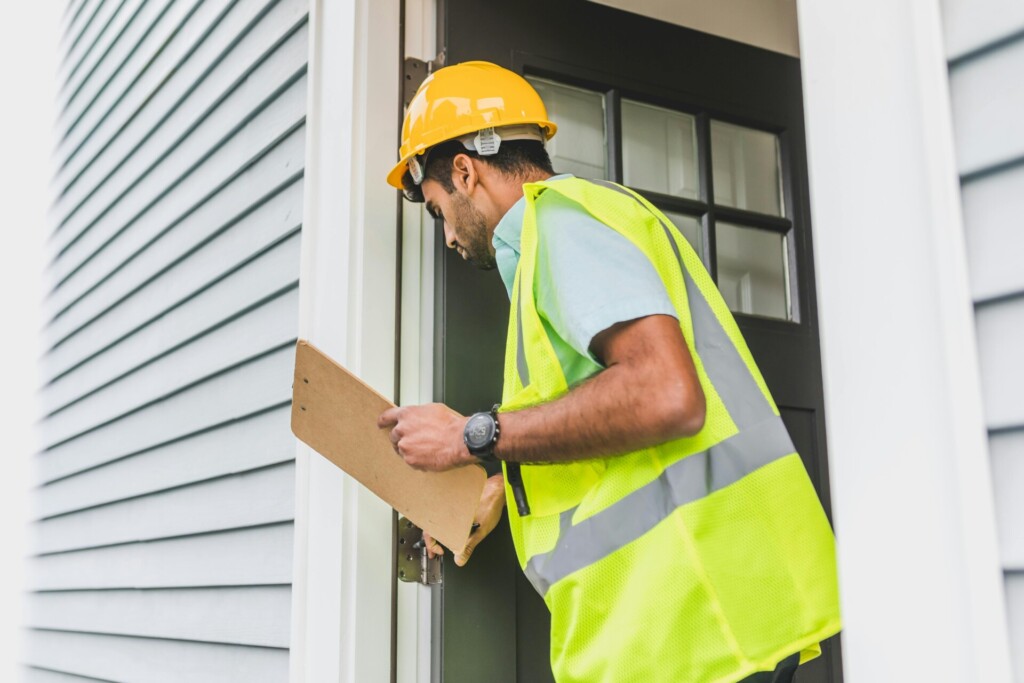
The Dallas building inspection process involves three main steps: application preparation and submission, plan review, and building inspections. We work closely with the Dallas Building Inspection Department to ensure all projects meet local codes and regulations.
Once your application is submitted with detailed construction plans, the project undergoes a thorough plan review to ensure compliance with Dallas building codes and zoning laws. Wait times for the initial review vary based on project type:
- Residential permits: Typically 1-3 business days
- Commercial remodels: Around 12 business days
- New commercial construction: 20+ business days
Once plans are approved, we schedule and coordinate multiple inspections at key phases of construction. These inspections, conducted by the Dallas Building Inspection Department, verify code compliance throughout the build. As the general contractor, we are responsible for scheduling all required inspections online or by calling 214-670-5313.
For time-sensitive projects, we can use Dallas’ Q-Team service for expedited plan reviews. While this incurs an additional fee, it can significantly speed up the permitting timeline for qualifying projects.
Our experienced team manages the entire process, from the initial application through final inspections. We ensure all documentation is complete, coordinate revisions if needed, and maintain open communication with city officials. This allows us to anticipate and address potential issues early, keeping your project on track and in compliance with Dallas regulations.
| Permit Type | Typical Review Time |
|---|---|
| Residential permits | 1-3 business days |
| Commercial remodels | 12 business days |
| New commercial construction | 20+ business days |
Working with Dallas Construction Professionals for Code Compliance
When ensuring health code compliance for commercial construction in Dallas, partnering with experienced local firms is crucial. At EB3 Construction, we possess extensive knowledge of Dallas building codes, climate considerations, and permitting processes affecting health and safety standards. Our team maintains strong relationships with local authorities and understands how to navigate the nuances of code compliance efficiently.
For your project, it’s important to select contractors with verified experience in your specific industry and project type. Look for essential qualifications such as local licensing, proper insurance coverage, a proven safety record, and direct experience with the relevant health code requirements. The right construction partner should be able to manage the entire compliance process—from initial permit applications to final inspections.
At EB3, we adopt a proactive approach to code compliance. Our preconstruction team analyzes regulations upfront to identify potential issues. During design and planning, we incorporate code-compliant solutions that align with your operational needs and budget. Throughout construction, our on-site teams rigorously adhere to approved plans and specifications. We coordinate closely with city inspectors at key milestones to avoid delays.
Health code compliance often involves complex, interconnected systems such as plumbing, HVAC, and food service equipment. Our mechanical and engineering expertise allows us to integrate these elements seamlessly while meeting all regulatory requirements. We emphasize proper documentation, maintaining detailed records to demonstrate compliance at every stage.
By leveraging our local knowledge and compliance expertise, we help clients avoid costly mistakes and rework. Our aim is to deliver a facility that not only passes inspection but provides a safe, efficient environment in line with Dallas health standards. Whether you’re building a new restaurant, renovating a medical office, or expanding a food production facility, partnering with an experienced Dallas contractor is key to achieving health code compliance efficiently.
| Criteria | Description |
| Local Licensing | Ensure the contractor holds the necessary local licenses for operations in Dallas. |
| Proper Insurance Coverage | Contractors should have valid insurance policies, including general liability and workers’ compensation. |
| Proven Safety Record | Verify the contractor’s history of maintaining a safe work environment and compliance with safety regulations. |
| Industry Experience | Look for contractors with direct experience in the specific industry and project type. |
| Health Code Knowledge | Ensure the contractor understands and complies with Dallas health code requirements relevant to your project. |
Conclusion: Ensuring Successful Health Code Compliant Construction in Dallas

Successfully navigating health code compliant construction in Dallas requires understanding the specific requirements for your project type, securing the appropriate permits, and working with experienced professionals familiar with local regulations. By following the correct application processes, preparing for thorough inspections, and partnering with knowledgeable construction teams, you can ensure your project meets all necessary health and safety standards.
This comprehensive approach offers several key benefits:
- Avoiding costly delays and penalties
- Ensuring high-quality construction
- Protecting public health and safety in the Dallas community
Looking to the future, adhering to health codes in construction projects will continue to play a vital role in creating safe, sustainable buildings that support the well-being of Dallas residents. By prioritizing compliance from the outset, construction professionals contribute to the long-term health and prosperity of the city.
For those embarking on construction projects in Dallas, we encourage leveraging available resources and expertise to ensure your build meets or exceeds all relevant health and safety standards. Your commitment to compliance today lays the foundation for a healthier, more resilient Dallas tomorrow.
Visit the Dallas Building Inspection website to learn more about permit requirements and schedule inspections for your next project. Contact EB3 Construction to navigate the complex health code compliant construction in Texas.

